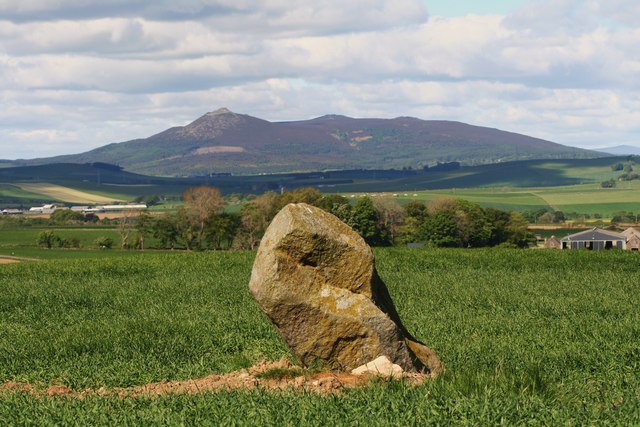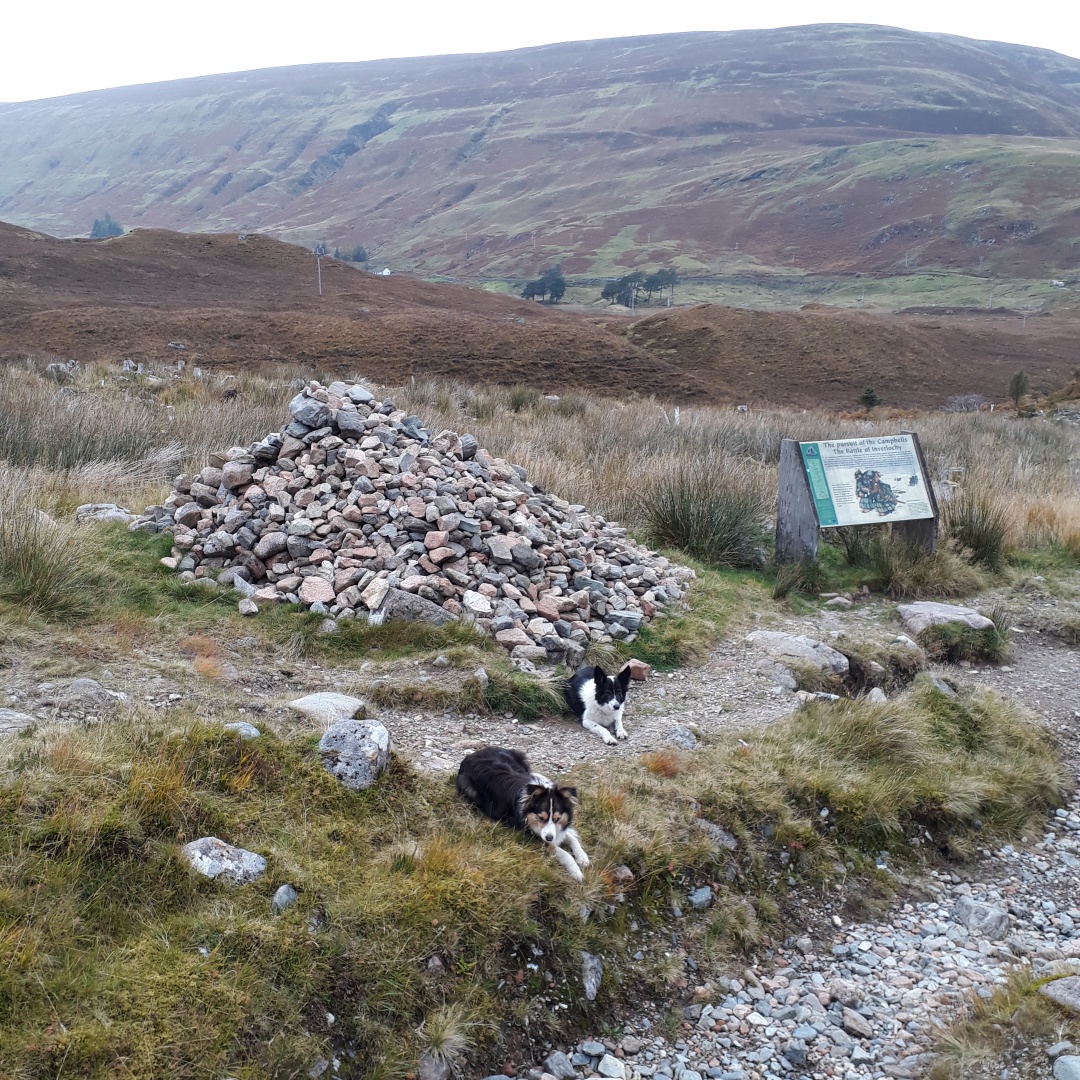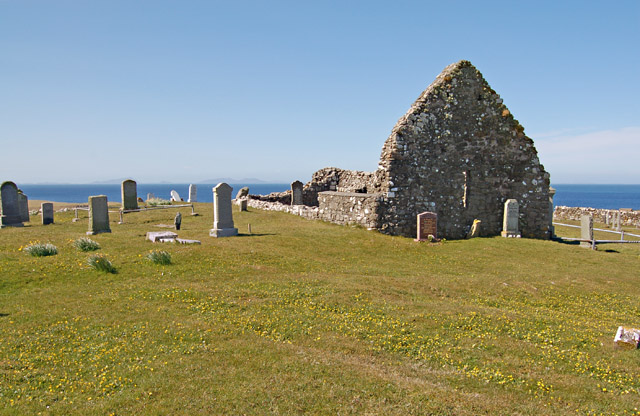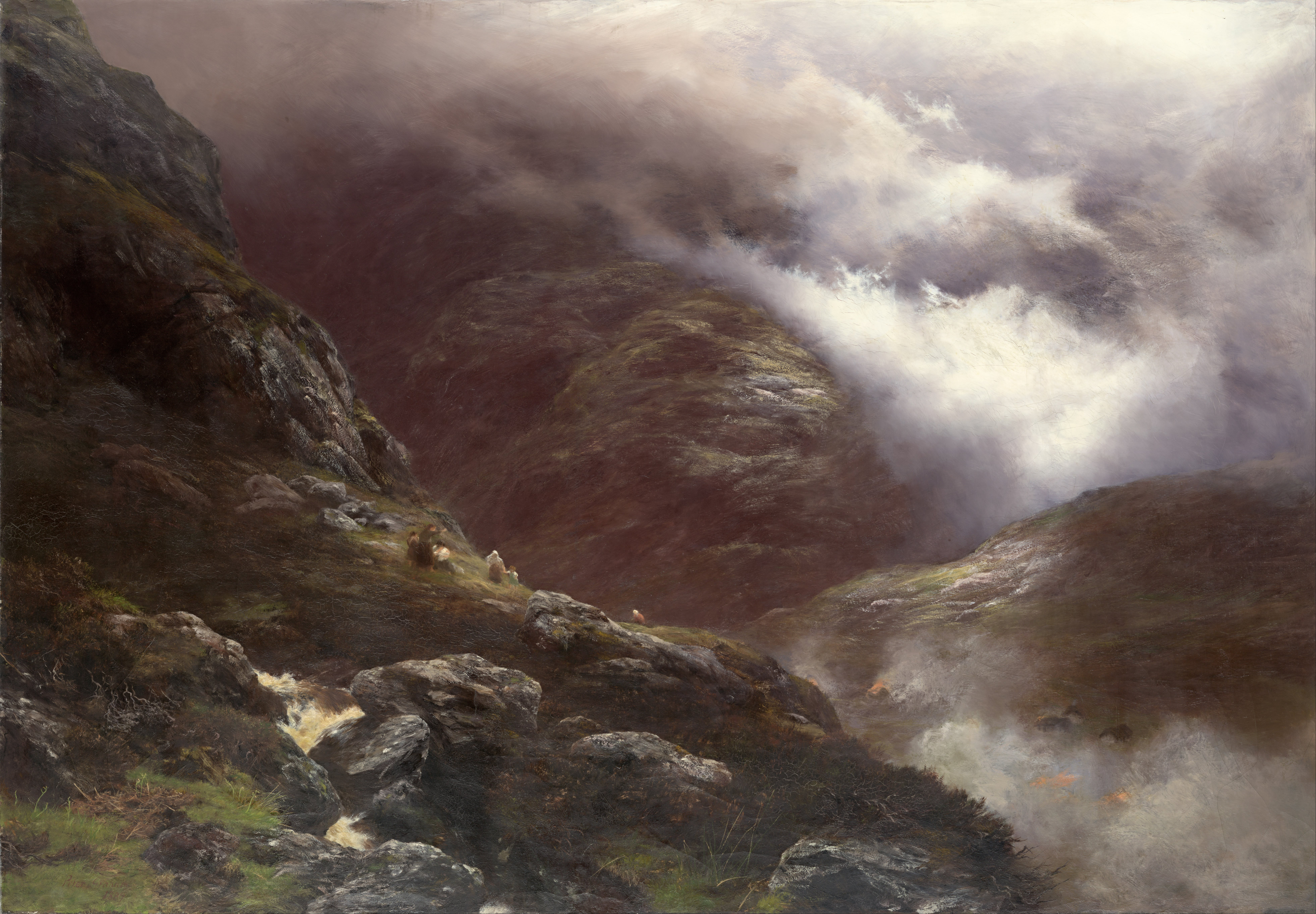Table of Content
The Clan MacDonald, also known as Clan Donald or Clan MacDonell, is the oldest and largest of all Scottish clans. For nearly 400 years, the MacDonalds ruled the west highlands and the Hebrides, playing a significant role in the country's politics and military affairs. Their rich history is a testament to the resilience and influence of this powerful clan.
The Origins of Clan MacDonald

The Founding of Clan Donald
Clan MacDonald traces its origins to the 12th century, when the clan's progenitor, Donald of Islay, established its presence in the west of Scotland. Donald was a descendant of Somerled, the renowned 12th-century Hebrides and western Scotland ruler. Somerled's descendants became known as the Clan Donald, and they quickly became one of the region's most powerful families.
The Clan's Territorial Expansion
The Clan's Gaelic Heritage
The Clan MacDonald was deeply rooted in Gaelic culture and traditions. They spoke the Gaelic language, practiced Celtic customs, and were firmly connected to their ancestral lands. This Gaelic heritage would become a defining aspect of the clan's identity and play a significant role in shaping its history.
From Celtic Roots to Gaelic Kings: The Rise of Clan Donald (1100s-1400s)
The Clan's Ascent to Power
Donald's grandson and clan chief Angus Og earned favor with King Robert Bruce, aiding him during the pivotal Battle of Bannockburn in 1314. The clan's allegiance secured them a prominent position within the Scottish army. It established its Islay stronghold as a hub for Celtic governance, known as the Council of the Isles.
The Lordship of the Isles
The Clan's Expansion and Influence
Internal Divisions and Shifting Power: The Decline of Clan Donald (1400s-1700s)
The Breakdown of the Lordship
In the 15th century, the Lordship of the Isles began to unravel as the Scottish Crown sought to assert its authority over the mighty clan. Tensions escalated, leading to conflicts and the eventual downfall of the Lordship in 1493 when King James IV of Scotland forced the last Lord of the Isles to surrender his titles and lands.
The Clan's Internal Conflicts
The loss of the Lordship of the Isles sowed seeds of discord within the Clan MacDonald. Rivalries and power struggles erupted among the various branches as they vied for dominance and resources. This internal strife weakened the clan's unity and made them more vulnerable to the encroaching influence of the Scottish Crown.
The Clan's Declining Influence
As the 16th and 17th centuries progressed, the Clan MacDonald's influence and power continued to wane. The Crown increasingly usurped the clan's lands and titles, and their once-formidable military might was diminished. The MacDonalds found themselves in a precarious position, struggling to maintain their traditional way of life and place in the Scottish political landscape.
A Legacy Forged in Conflict: Key Battles and Feuds
The Battle of Harlaw (1411)

One of the most significant battles in the clan's history was the Battle of Harlaw, fought in 1411 between the Clan MacDonald and the forces of the Earl of Mar. The battle was a hard-fought and bloody affair, ending in a draw. Still, it cemented the Clan MacDonald's reputation as a formidable military force.
The Battle of Inverlochy (1431)

In 1431, the Clan MacDonald faced off against the Clan Campbell in the Battle of Inverlochy. The MacDonalds, led by Donald Balloch, achieved a decisive victory, further solidifying their regional power and influence.
The Feud with the Clan Campbell
Escalating Tensions: The Eigg Massacre (1577) and the Battle in a Church (1578)
The Eigg Massacre
In 1577, tensions between the Clan MacDonald and their rivals reached a boiling point, culminating in the Eigg Massacre. Members of the Clan Macleod, allied with the Clan Campbell, attacked and killed approximately 400 members of the Clan MacDonald, including women and children, in a horrific act of violence.
The Battle in a Church

The following year, in 1578, seeking revenge for the horrific Eigg Massacre, the Clan MacDonald launched a surprise attack on a group of Clan MacLeod and Clan Campbell members who had taken refuge in Trumpan Church, located on the Isle of Skye. This act of violence, known as the Battle of Trumpan Church (or the Battle of the Spoiling Dyke), further intensified the already bloody feud between the clans.
The Lasting Impact of These Events
The Eigg Massacre and the Battle in a Church left deep scars on the Clan MacDonald and their relations with their rivals. These events highlighted the intense rivalries and tensions within the Scottish clan system, and they continue to be remembered as dark chapters in the clan's history.
A Stain on Scottish History: The Massacre of Glencoe (1692)
The Glencoe Massacre

One of the most notorious events in Clan MacDonald's history is the Massacre of Glencoe, which occurred in 1692. The massacre was carried out by the forces of the Clan Campbell, acting on the orders of King William III, against the Clan MacDonald of Glencoe. This tragic event resulted in the deaths of at least 38 MacDonalds and the destruction of their homes and livelihoods.
The Aftermath and Lasting Legacy
The Massacre of Glencoe was widely condemned as a betrayal and a stain on the honor of the Scottish Crown. The event has become a symbol of the oppression and persecution that the Clan MacDonald and other Highland clans faced at the hands of the central authorities. The legacy of the Glencoe Massacre continues to resonate in Scottish history. It has become a powerful symbol of the clan's resilience and endurance.
Jacobite Uprisings and Beyond: A Legacy of Resilience (18th-19th Centuries)
The Clan's Involvement in the Jacobite Risings
During the 18th century, the Clan MacDonald played a significant role in the Jacobite uprisings, supporting the claims of the exiled Stuart dynasty to the British throne. The clan's Gaelic heritage and long-standing opposition to the Scottish Crown made them natural allies of the Jacobite cause.
The Clan's Decline and Dispersal
The Clan's Legacy and Enduring Influence
Explore the timeless traditions of MacDonald Clan through our collection of tartan products on our website. And bring a piece of the clan's history into your present. 🏴
Conclusion
The history of Clan MacDonald is a remarkable tale of power, conflict, and resilience. From their Celtic origins to their rise as Gaelic kings, the MacDonalds left an indelible mark on the history of Scotland. While their influence and power waned over the centuries, the clan's legacy continues to captivate and inspire, a testament to their Gaelic heritage's enduring strength and the Scottish Highlands' indomitable spirit.
Frequently Asked Questions
Is Clan MacDonald Catholic?
It is clear that Clan Donald in most of its branches between Antrim and Glengarry (Skye the exception) opted for Catholicism within a European political context, and with the Irish as intermediaries.
Who was the biggest clan in Scotland?
Clan Donald is still the largest clan in Scotland and the descendants of thousands of MacDonalds who emigrated also make it the largest in the world.
What was the difference between Clan Campbell and MacDonald?
As they each grew more powerful, they wrestled for dominance and titles, often raiding each other's land when the opportunity arose, stealing cattle. They both also had opposing political views, with the MacDonalds supporting the deposed King James.
What heritage is MacDonald?
The McDonald surname is Scottish and Irish. In both of these countries, it's a patronymic name, an anglicisation of the Gaelic name 'MacDhomhnaill' or 'MacDomhnallach'.
What does the history of Clan MacDonald tell us about Celtic Scotland?
Clan MacDonald's history reflects the social structure, customs, and power dynamics of Celtic Scotland during the medieval period. Their rise as a prominent clan highlights the significance of Gaelic culture and traditions.
How did the Battle of Bannockburn (1314) impact Clan MacDonald's history?
Clan MacDonald's support for King Robert Bruce in this pivotal battle secured their position within the Scottish army and established their Islay stronghold as a center of Celtic governance.







